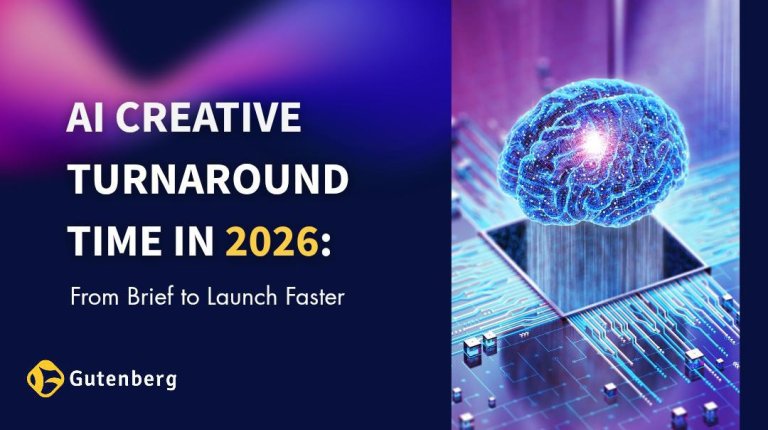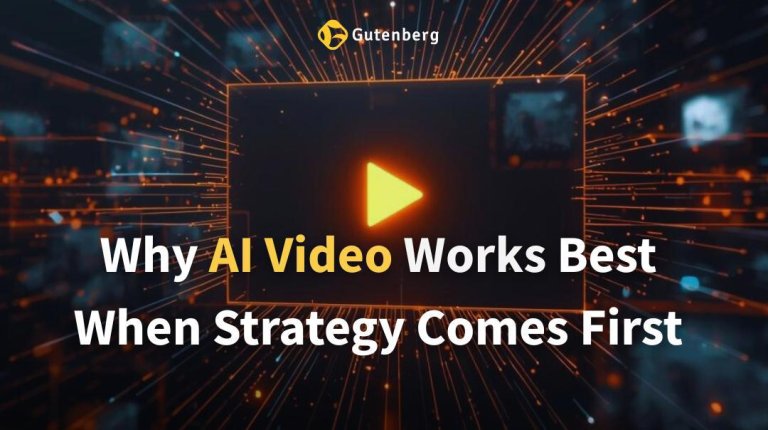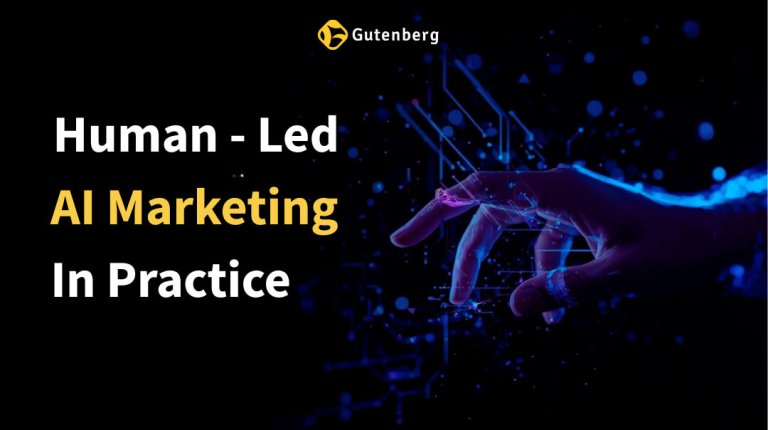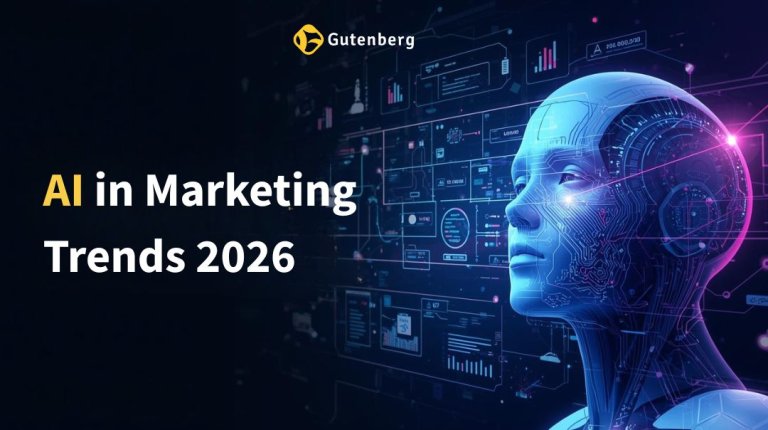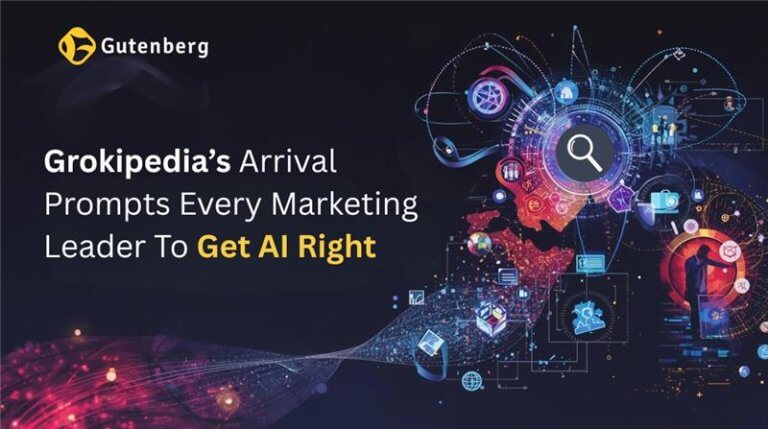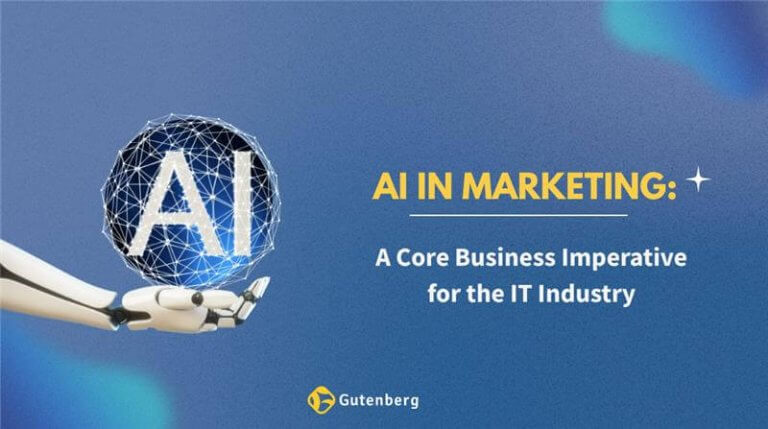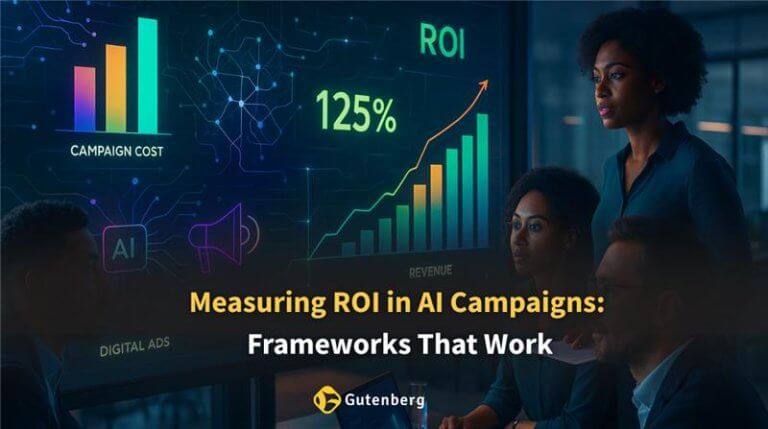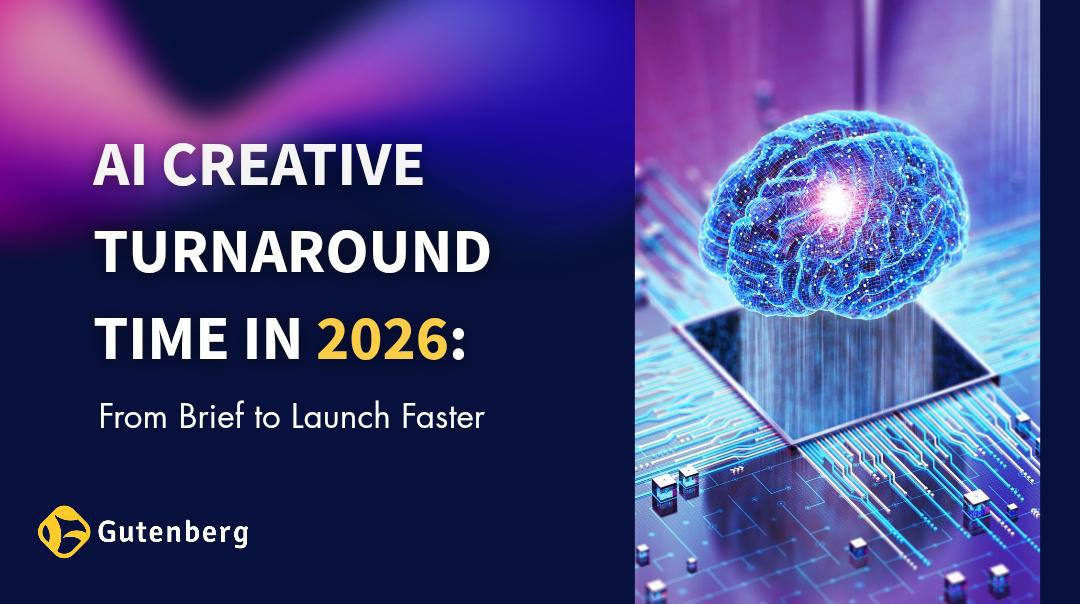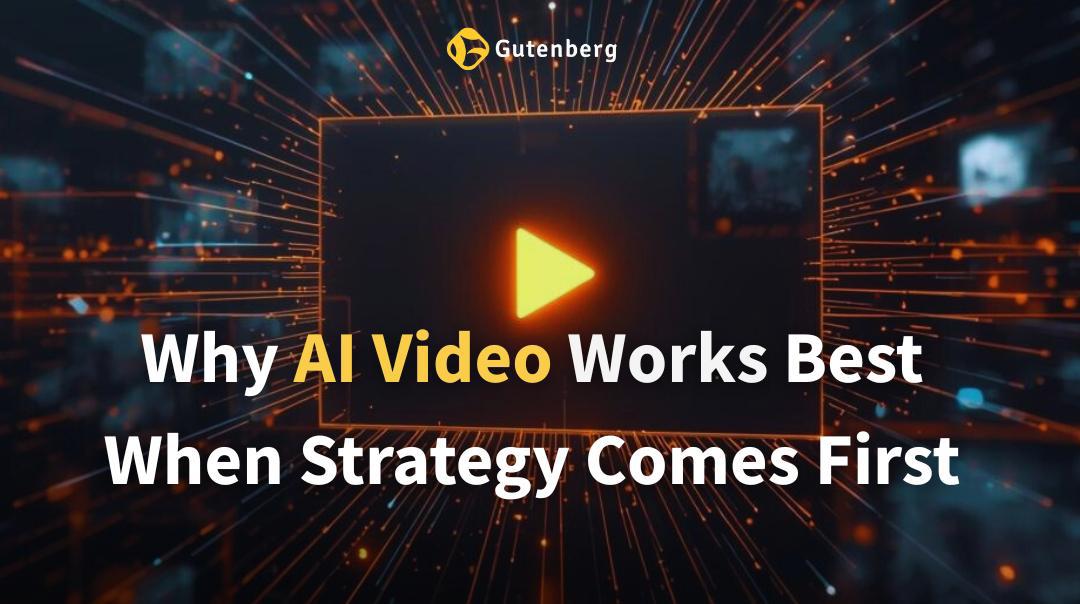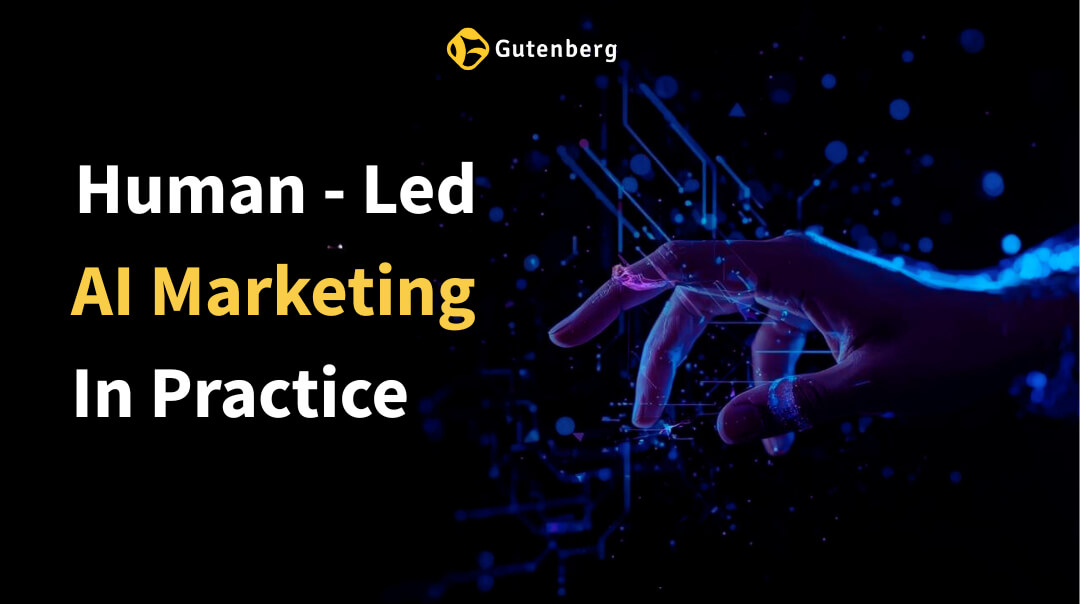Neuromarketing Meets AI: Why Emotional Recall Wins
Curious why some ads simply stick with people while others fade? The answer lies in AI-powered consumer neuroscience—the fusion of neuroscience, consumer psychology, and machine intelligence that powers emotional recall marketing. This blog explores how advanced AI emotional marketing, powerful psychology insights, and next-generation AI-driven brand memory strategies turn fleeting impressions into long-term loyalty. We’ll look at the neuroscience behind memory, explore how emotions drive recall, and share a practical playbook for building standout campaigns in a world where trust and connection matter most.
What Is Neuromarketing with AI?
Neuromarketing blends neuroscience, psychology, and marketing to understand what truly grabs attention, triggers emotions, and drives decisions. Today, machine learning in marketing psychology makes it possible to uncover these insights faster—analyzing vast data from eye movements, facial reactions, and even brainwave responses.
With advanced AI brand recall tools, marketers can identify which creative elements leave a lasting impression and how emotional cues influence split-second choices. Where once it took months of surveys, AI-driven neuromarketing strategies now deliver clear insights across demographics and channels in real time.
For many teams, this requires a hybrid approach where human creativity pairs with technology. A deeper look into human + AI hybrid creativity in marketing shows how brands can balance emotional storytelling with algorithmic intelligence to maximize impact.
The Science Behind Emotional Recall
Emotional recall marketing is rooted in how the human brain stores memories. When people feel an emotion tied to a story, the hippocampus and amygdala encode that moment—making emotional content up to six times more memorable than factual messaging.
In practice, AI emotional marketing helps decode real-time reactions, showing which words, visuals, or tones spark deeper responses. According to WordStream, stories with strong emotions improve brand retention rates from 10% for factual ads to 67% when paired with narratives (2024).
| Approach | Average Retention Rate | Example Application |
|---|---|---|
| Factual/Informational Ads | 5–10% | Price/features-only banners |
| Emotional Recall Marketing | Up to 67% | Story-driven campaigns |
Global Consumer Behavior & Trends (2025)
Across markets, AI emotional marketing is gaining momentum—but trust and privacy remain concerns. A 2025 report from Menlo Ventures found that 61% of adults had used AI in the past six months, while 71% expressed worries about data privacy.
At the same time, brands that integrate emotional signals into campaigns are seeing higher resonance and stronger recall. Younger generations, including digital-native audiences, are showing the greatest openness to personalized, emotion-led experiences—shaping how global campaigns are planned and executed.
The rise of personalization is also changing search strategies. With AI shaping both recall and discoverability, businesses are aligning their campaigns with generative SEO and local ranking factors to ensure emotionally resonant content is also easily found.
| Metric | Value | Year |
|---|---|---|
| Adults using AI | 61% | 2025 |
| AI-powered ad recall lift (est.) | 10–20% | 2024–2025 |
| Neurological engagement efficacy | Up to 19% | 2024 |
| Story-based recall rates | 63% | 2024 |
Practical Neuromarketing Strategies with AI
Effective AI-powered consumer neuroscience turns emotional insights into scalable tactics, ensuring that campaigns resonate and stick. Strong AI-driven neuromarketing strategies begin with identifying authentic emotional triggers and matching them with relevant content.
- Facial and voice analysis: Tools track subtle expressions and tone to refine ad resonance before launch
- Emotional A/B testing: Compare two narrative approaches and let AI evaluate responses
- Personalized delivery: Adaptive creative adjusts in real time based on user mood or behavior
- AI-driven storytelling: Generative systems produce emotion-rich content backed by audience data
How AI Boosts Brand Memory
AI-driven brand memory strategies go beyond measuring clicks. They focus on embedding a message into long-term memory. Machine learning platforms study how people interact with content across multiple touchpoints, tracking both conscious recognition and subconscious responses.
Recent reports highlight that campaigns combining personalization, storytelling, and emotional triggers see a 10–20% increase in memorability. This creates a cycle where emotion-rich, AI-enhanced content continuously improves recall over time.
What AI Reveals About Consumer Psychology
At its core, AI consumer psychology decodes not just what audiences want but why they want it. By blending psychometric modeling and audience analysis, AI helps marketers identify subconscious motivators such as authority, urgency, or belonging.
For example, 74% of consumers trust brands more after reading emotionally positive reviews. This proves the importance of emotional validation in decision-making. With AI-driven neuromarketing strategies, messages can adapt to reflect how people truly feel and remember—bridging the gap between data and emotion.
Brand Spotlight: Gutenberg’s Leadership in AI Neuromarketing
Gutenberg brings together creative expertise and advanced technology, helping brands design campaigns that people remember. By combining machine learning in marketing psychology platforms with human insight, our team delivers storytelling that strengthens memory retention and deepens audience connection.
Through innovative online marketing and comprehensive full-spectrum marketing solutions, Gutenberg enables brands to move beyond transactional campaigns and toward experiences that inspire long-term trust. From emotion-optimized visuals to real-time analytics, our approach ensures that recall isn’t just improved—it’s measurable.
Actionable Playbook: Winning Emotional Recall
- Map: Map emotional triggers using advanced AI consumer psychology tools
- Test: Test multiple narratives with AI-driven analytics for recall measurement
- Personalize: Personalize content dynamically to reflect mood and behavior
- Validate: Validate memory lift through recall studies and sentiment analysis
- Refine: Refine continuously with real-time audience data and feedback
When brands combine data, creative storytelling, and emotional resonance, they achieve stronger recall and more authentic relationships with audiences.
Frequently Asked Questions
Q1. What is neuromarketing and how does AI make it more effective?
Neuromarketing studies how the brain responds to marketing stimuli, focusing on memory, emotions, and decision-making. AI enhances this by analyzing large datasets like facial expressions, eye tracking, and engagement signals, giving brands actionable insights to design campaigns that connect emotionally and boost recall.
Q2. How does emotional recall improve brand memory and sales?
Emotional recall helps consumers associate positive feelings with a brand, making it easier to remember during purchasing decisions. When campaigns spark emotions such as joy, trust, or aspiration, they create stronger memory links that directly influence buying behavior and long-term loyalty.
Q3. Which industries can benefit most from AI-powered neuromarketing?
Industries like retail, healthcare, travel, education, and technology gain the most from AI-powered neuromarketing. For example, retailers use AI-driven emotional cues for personalized shopping experiences, while healthcare brands use it to build trust and reassurance in their messaging.
Q4. How can businesses get started with AI-driven neuromarketing strategies?
Companies can begin by adopting tools that track consumer responses such as eye movement or sentiment analysis. From there, they can integrate AI-driven insights into ad creation, website design, and storytelling. Partnering with specialized marketing agencies also ensures campaigns are tailored for both global and local audiences.
Q5. What services does Gutenberg provide to help brands leverage AI in neuromarketing?
Gutenberg offers strategic marketing solutions, including AI-powered consumer behavior analysis, emotional storytelling, and localized campaign design. By combining neuromarketing principles with AI insights, Gutenberg helps brands build stronger recall, higher engagement, and long-term growth.
Work with Gutenberg for AI-powered storytelling that audiences remember.


